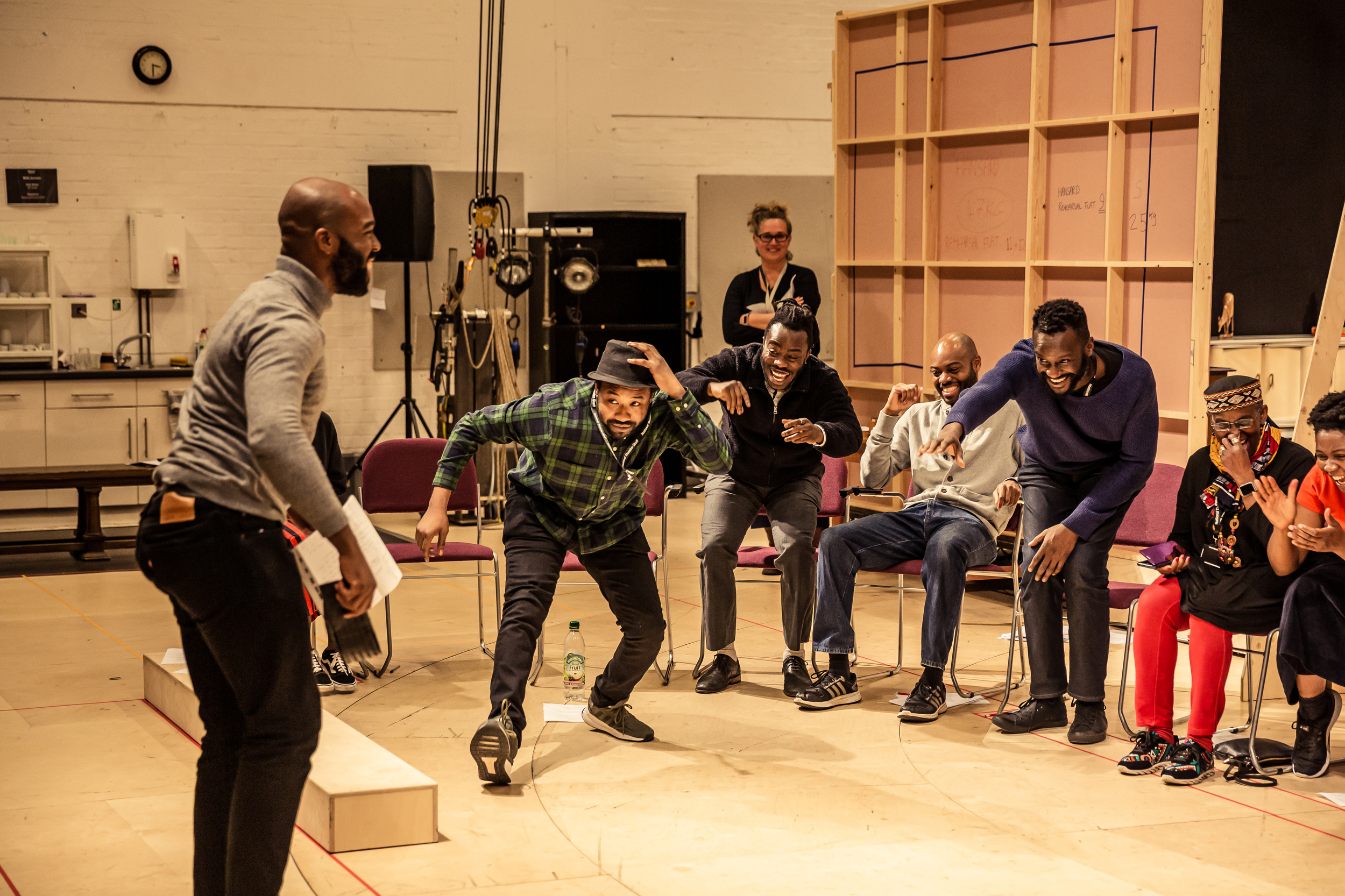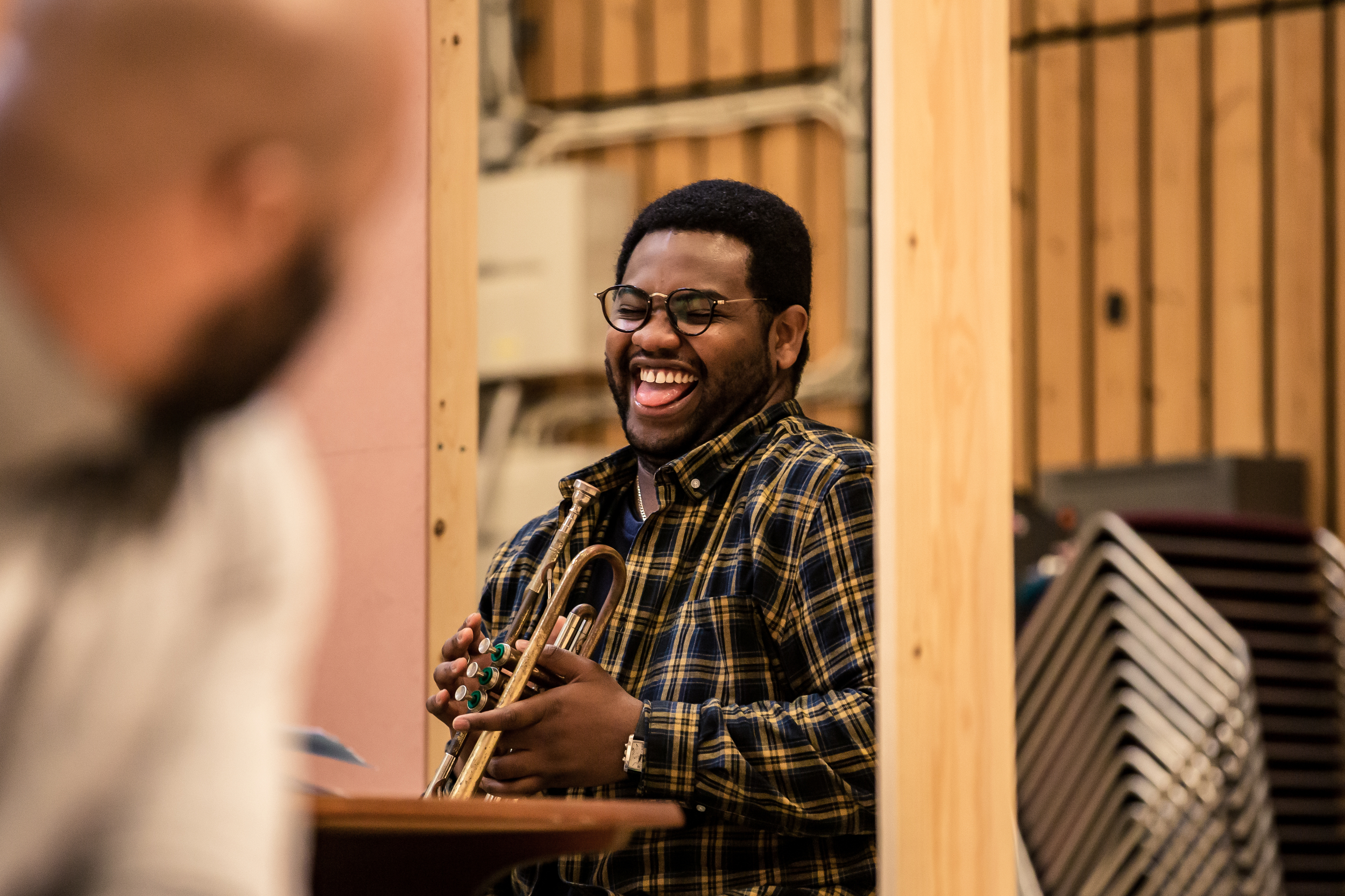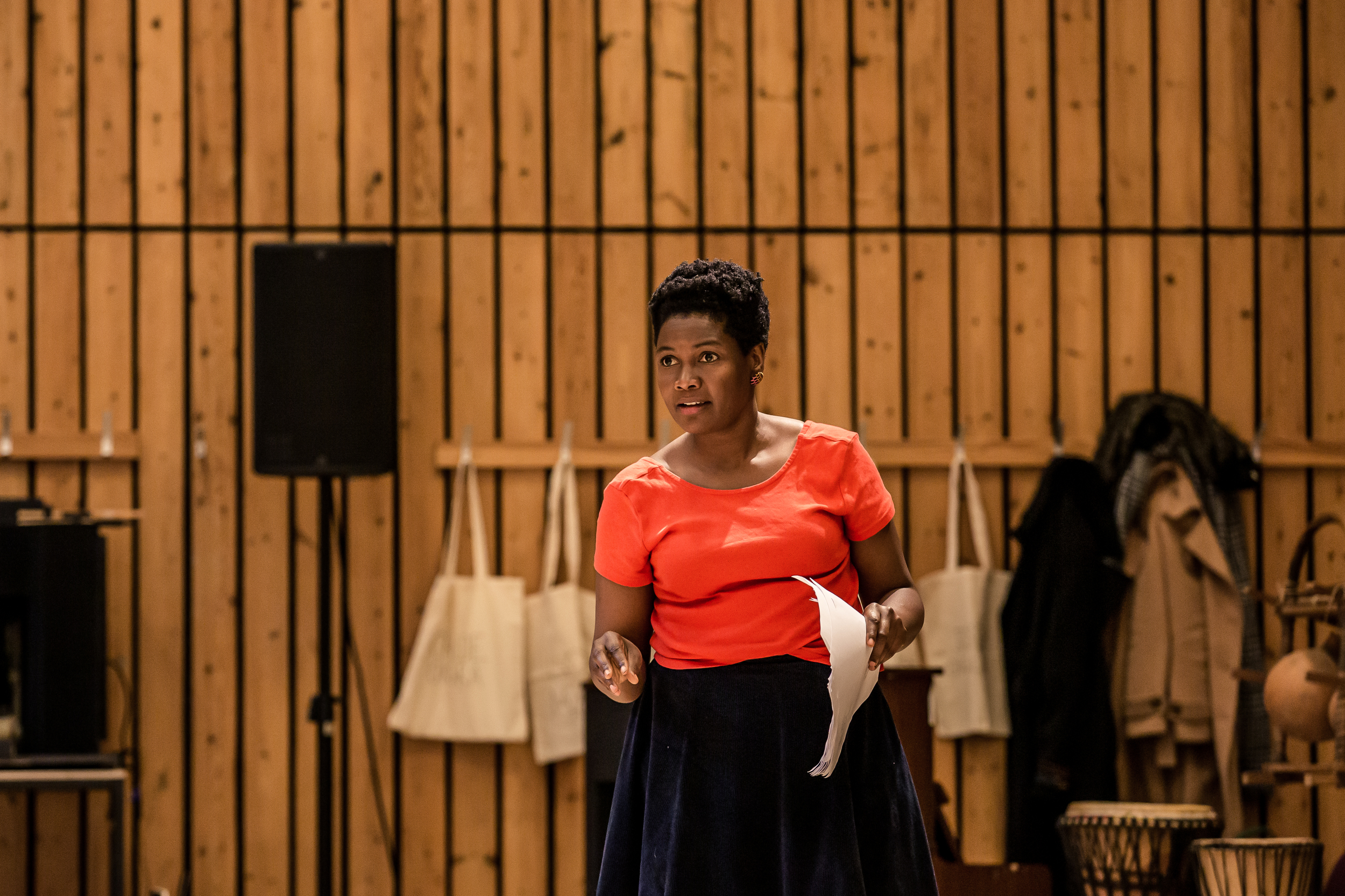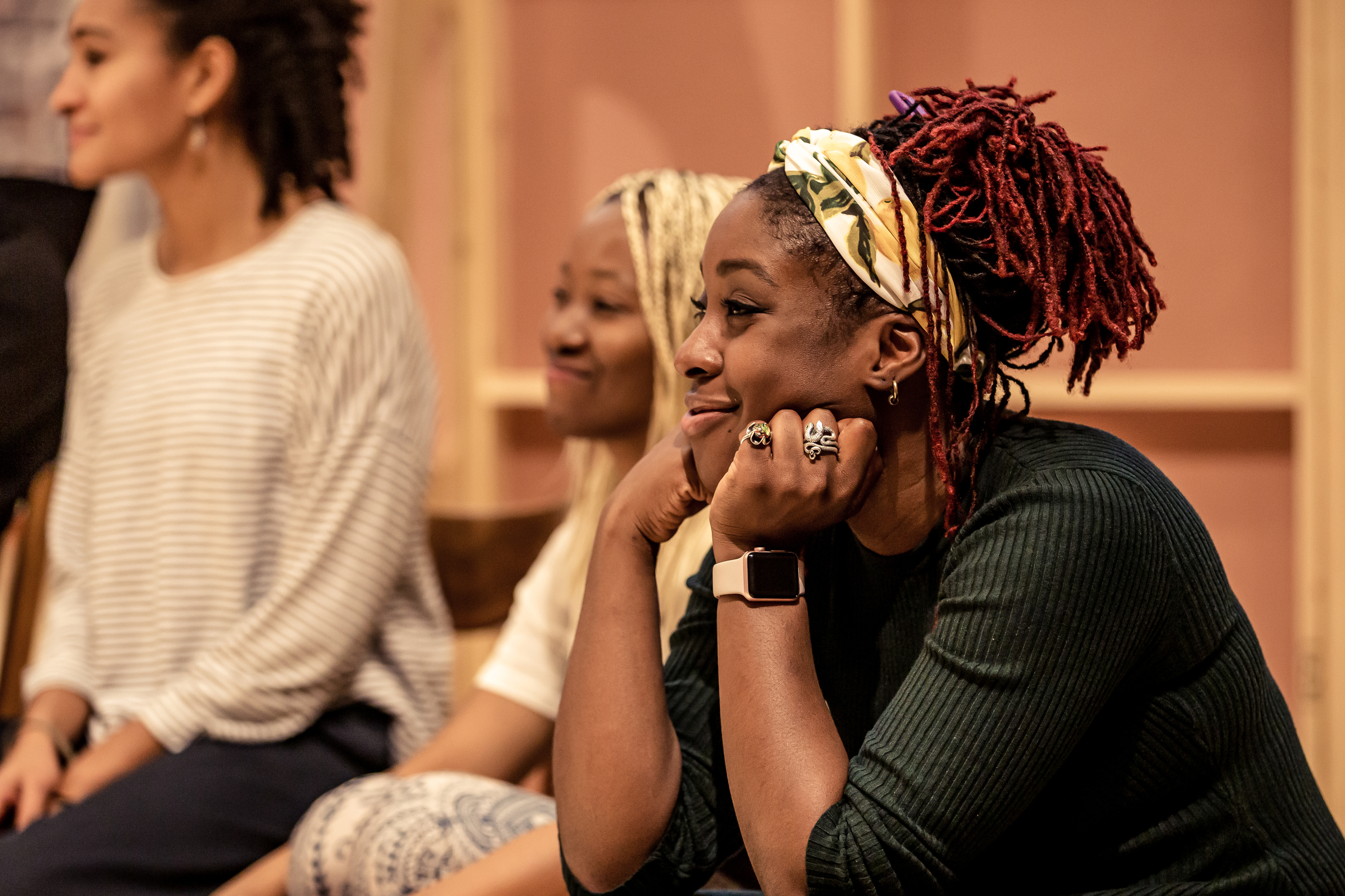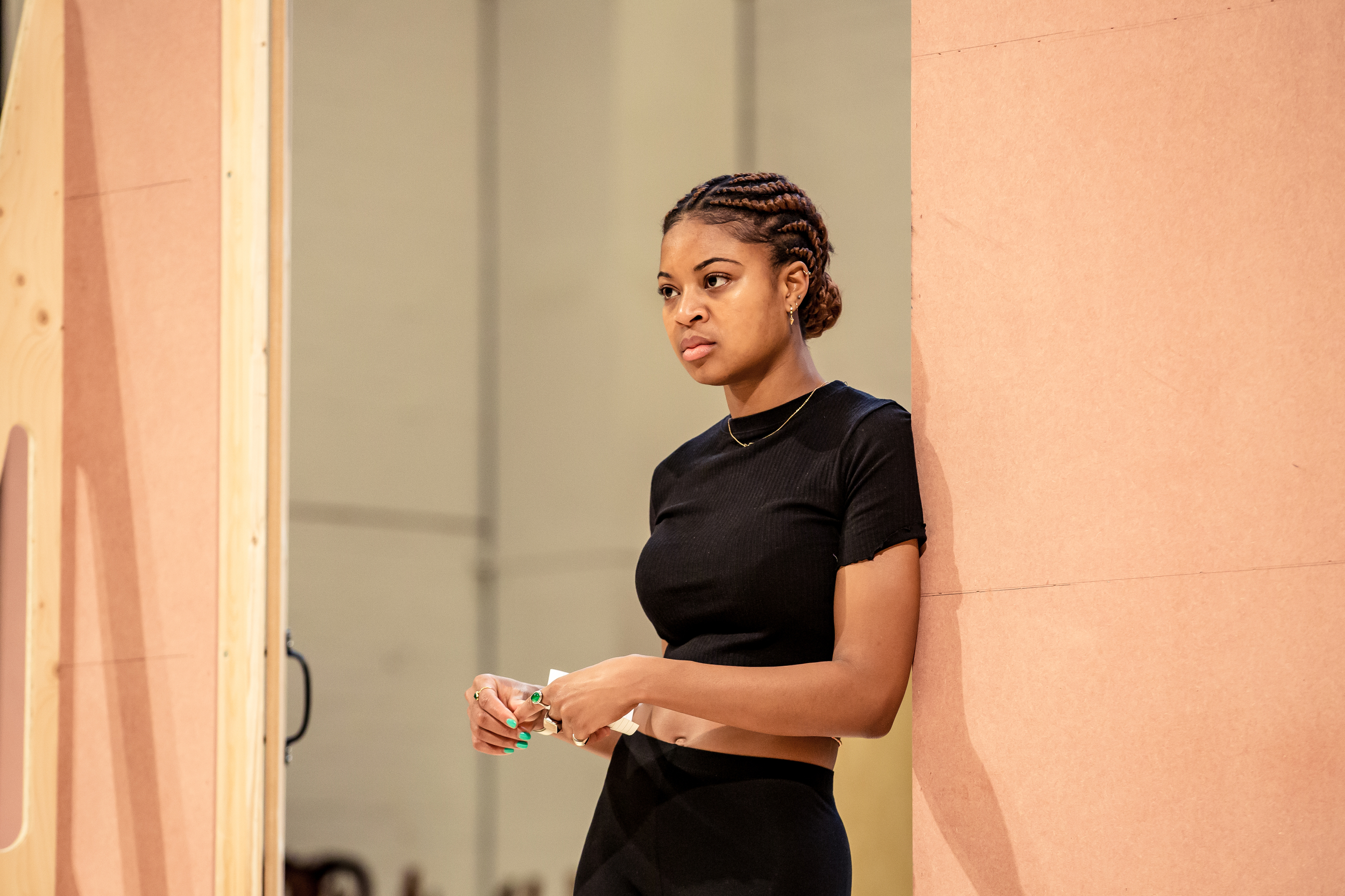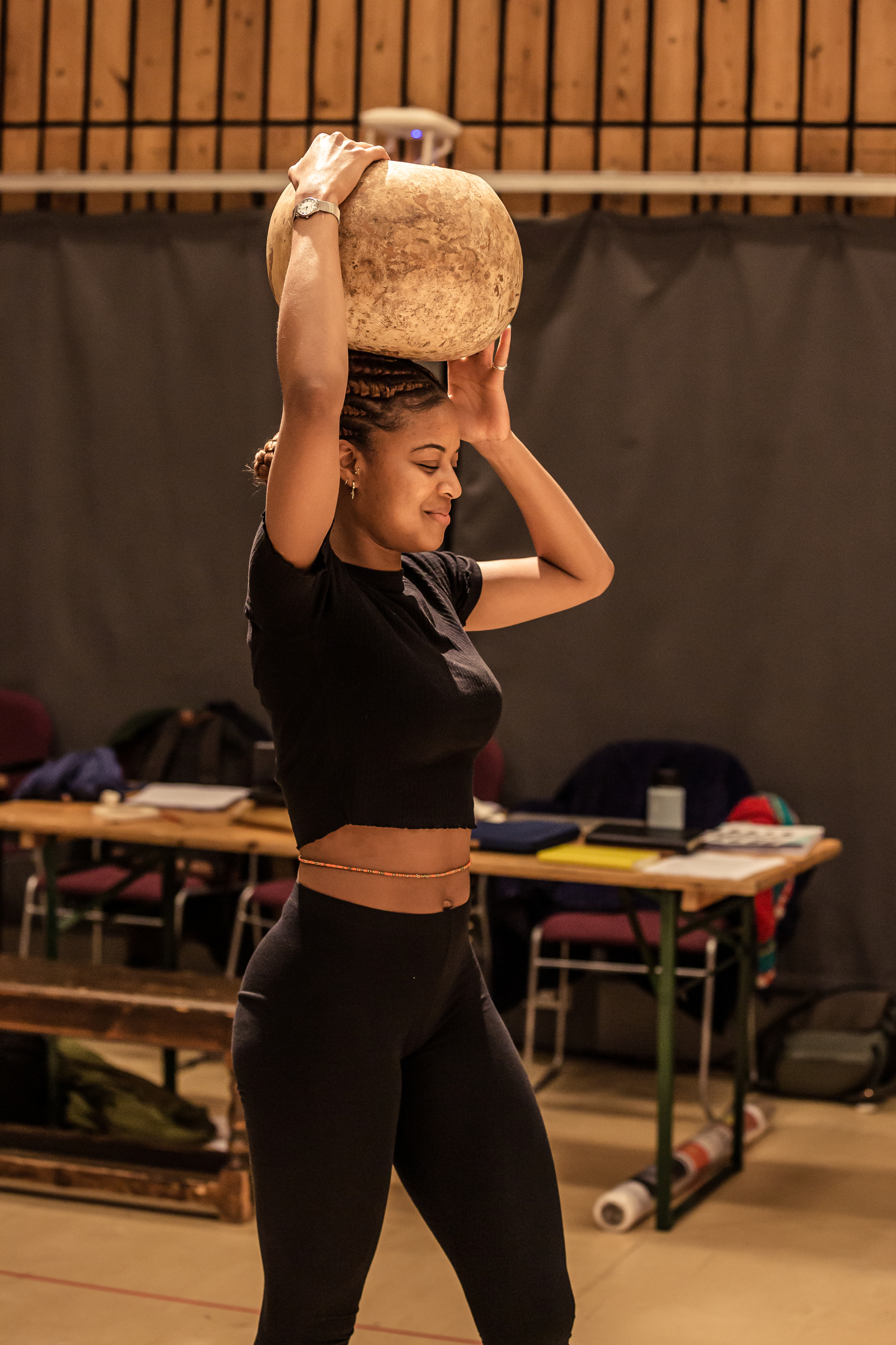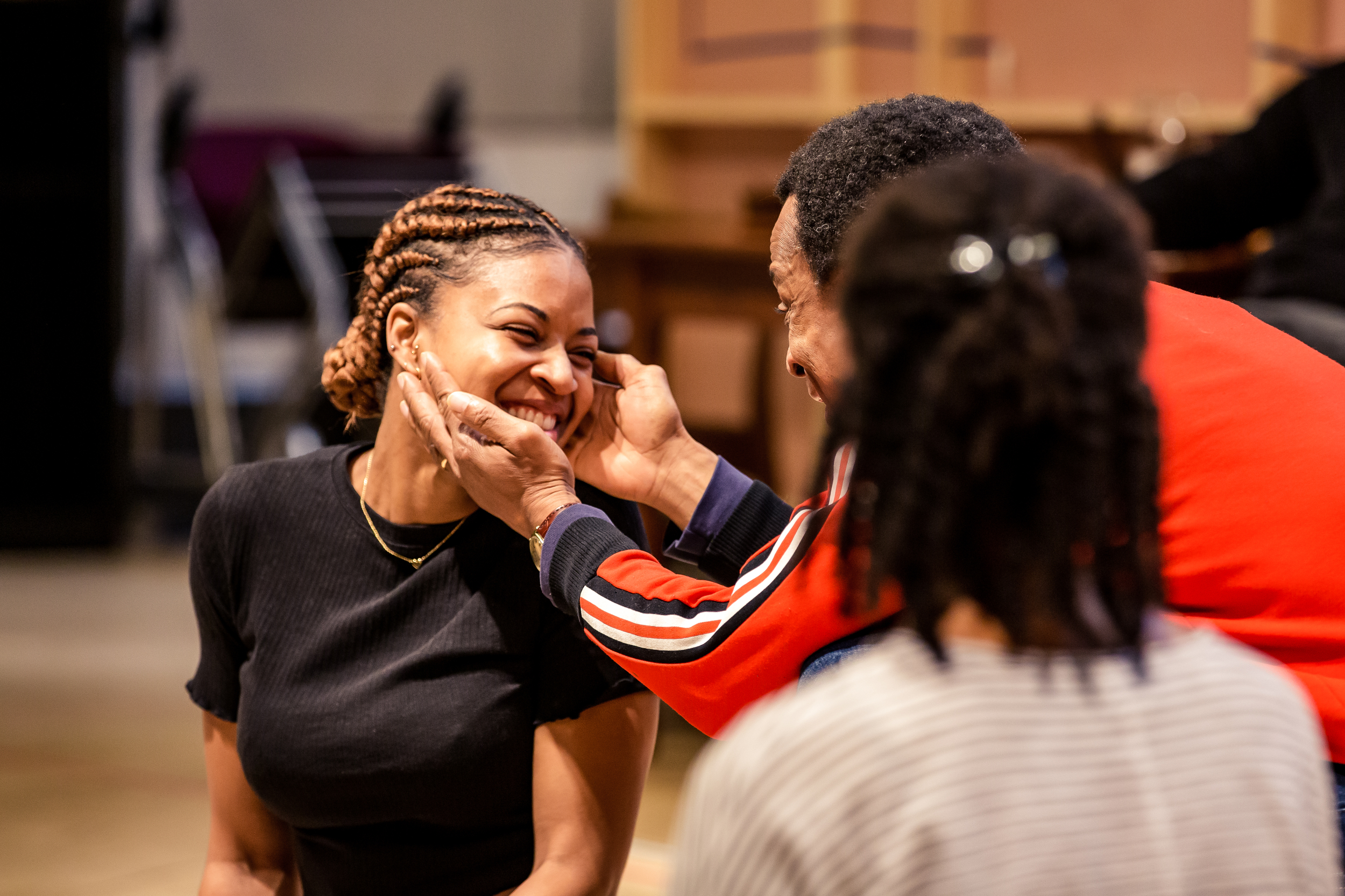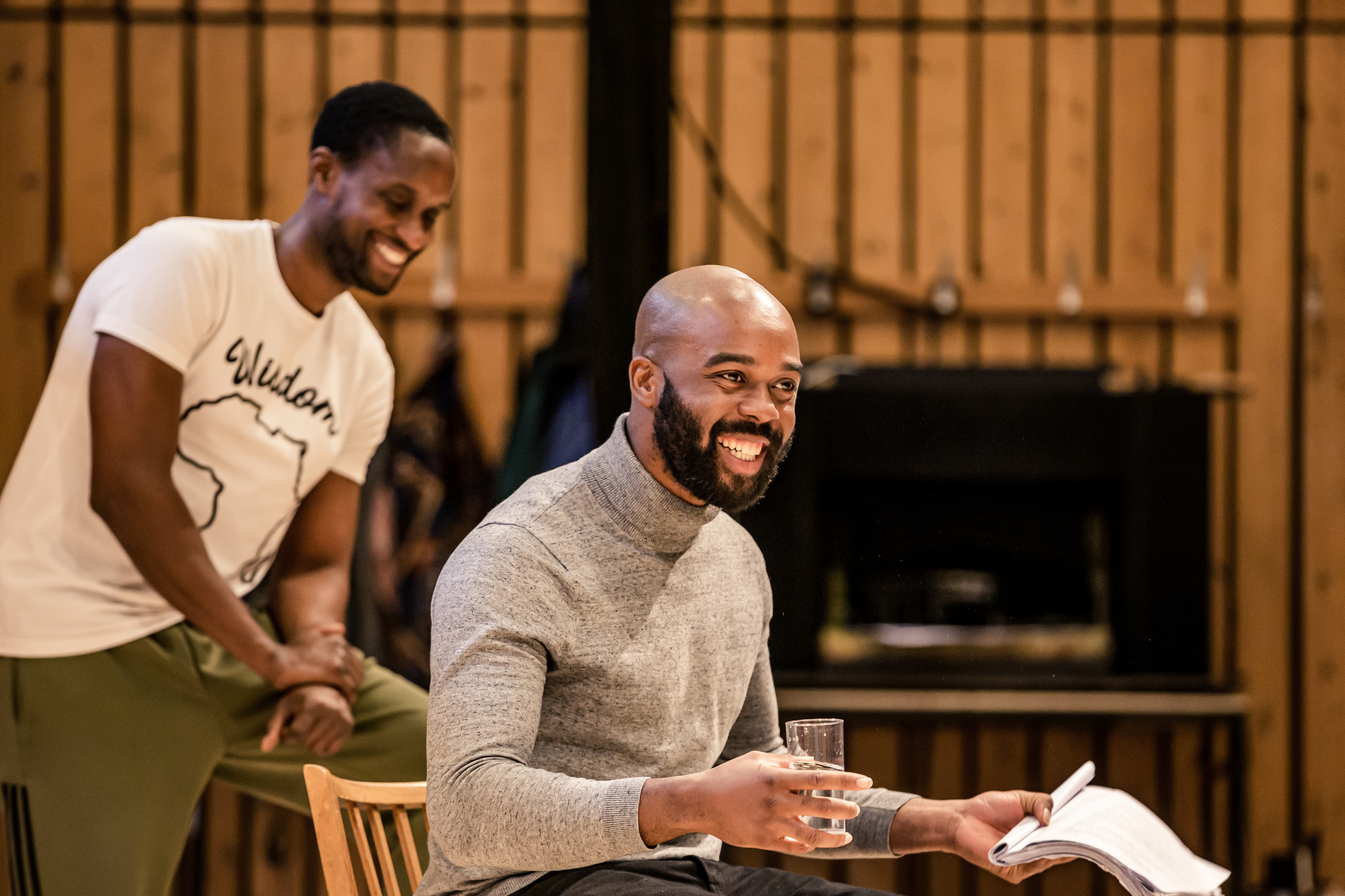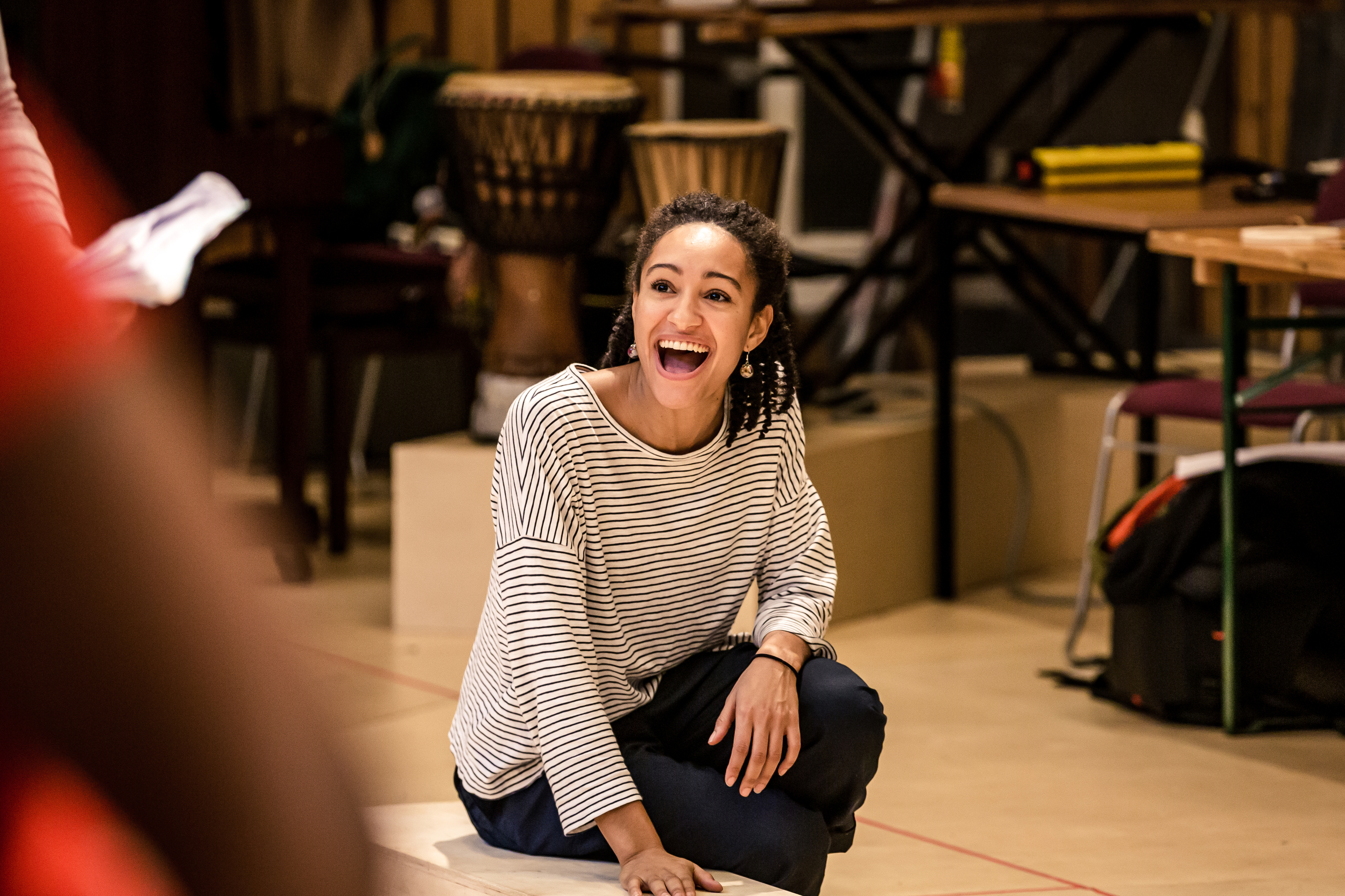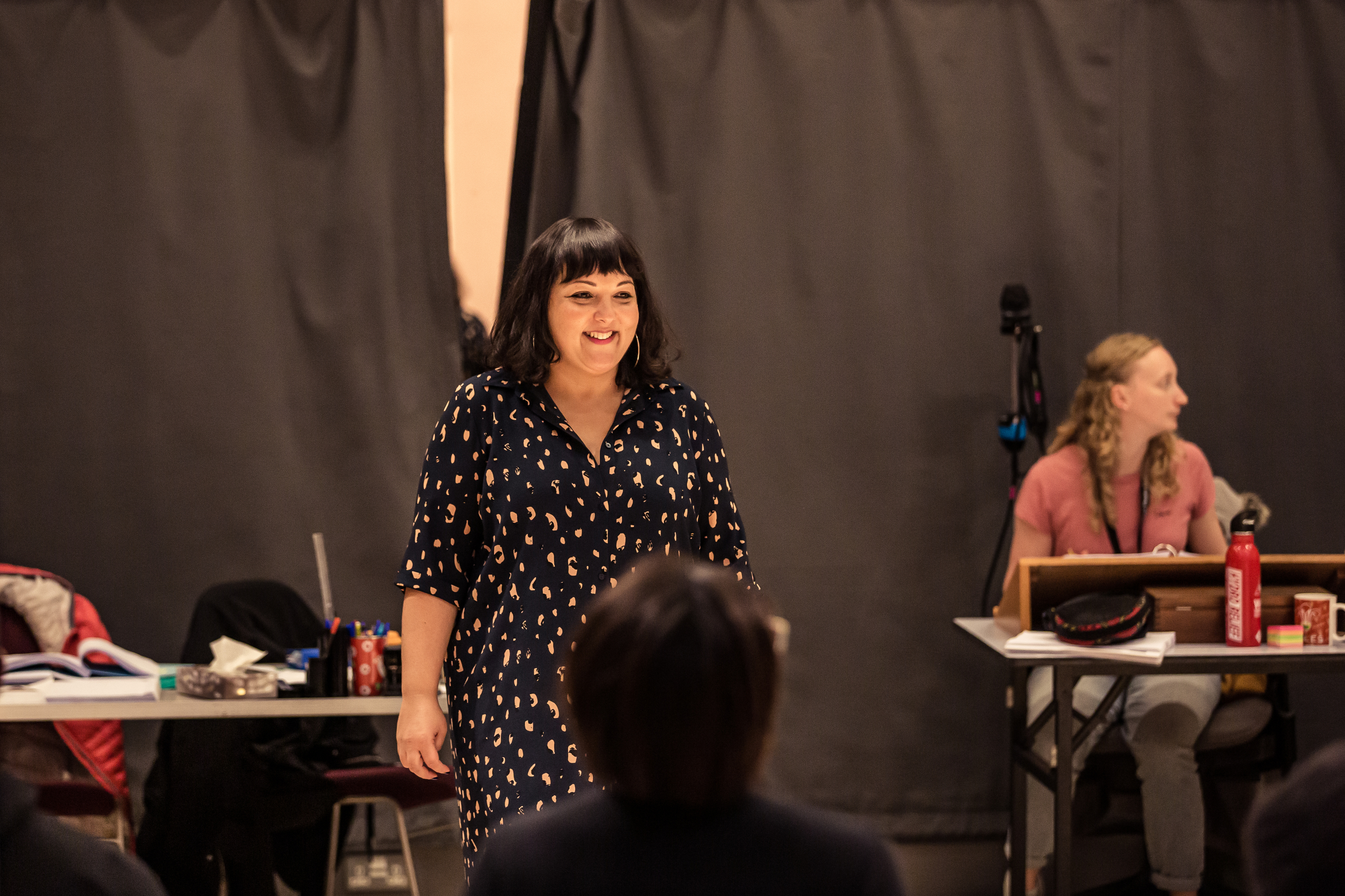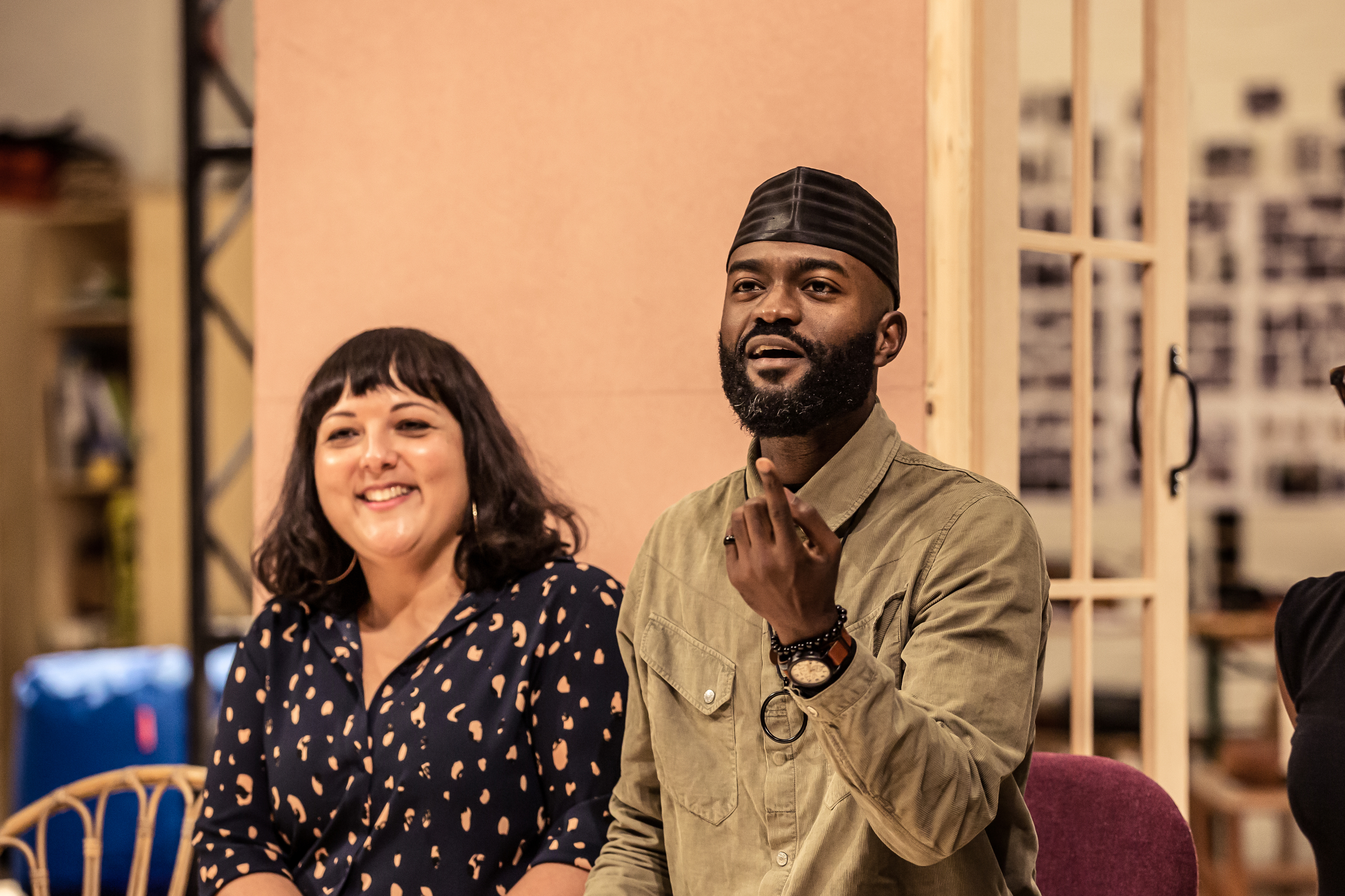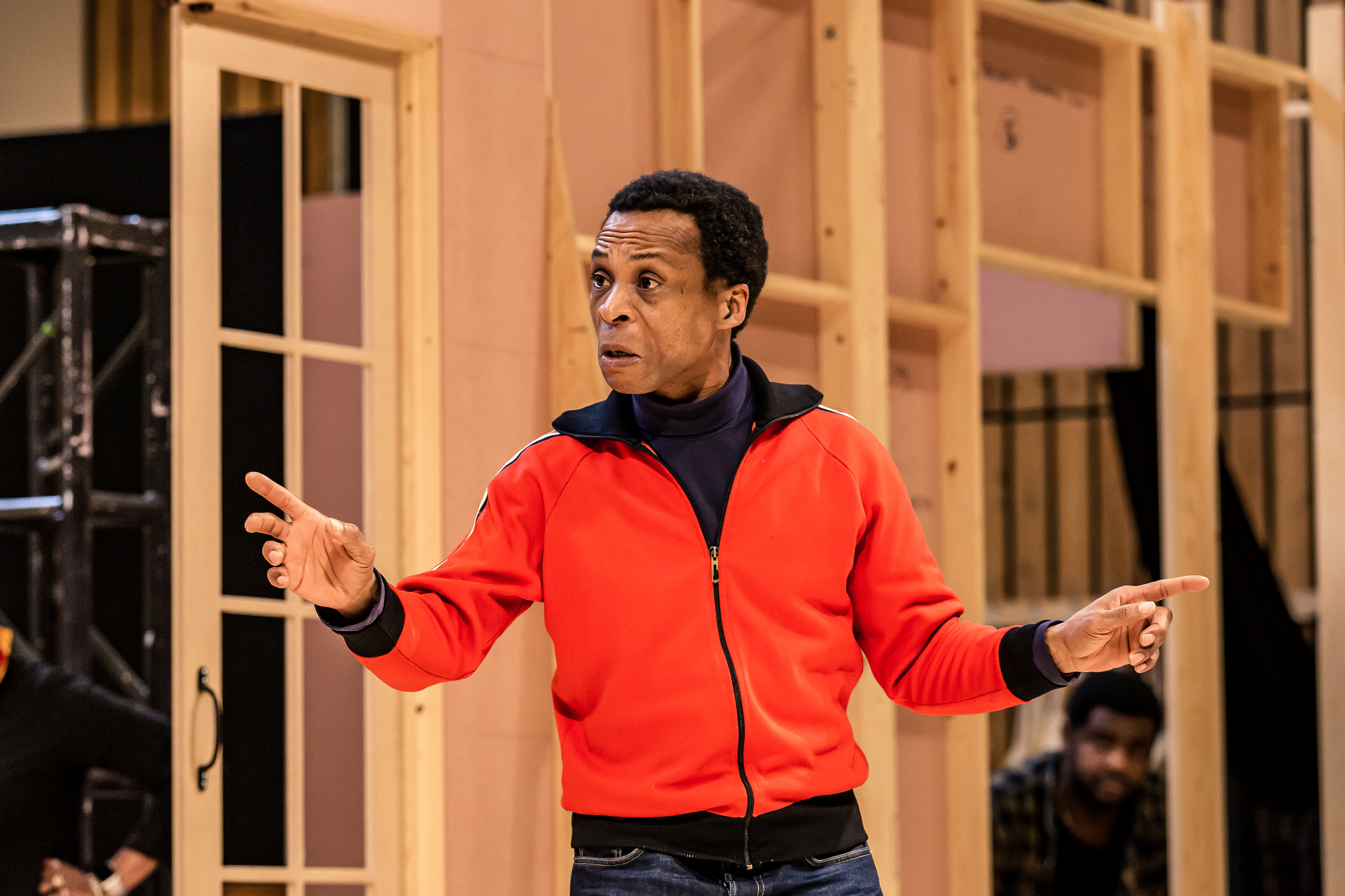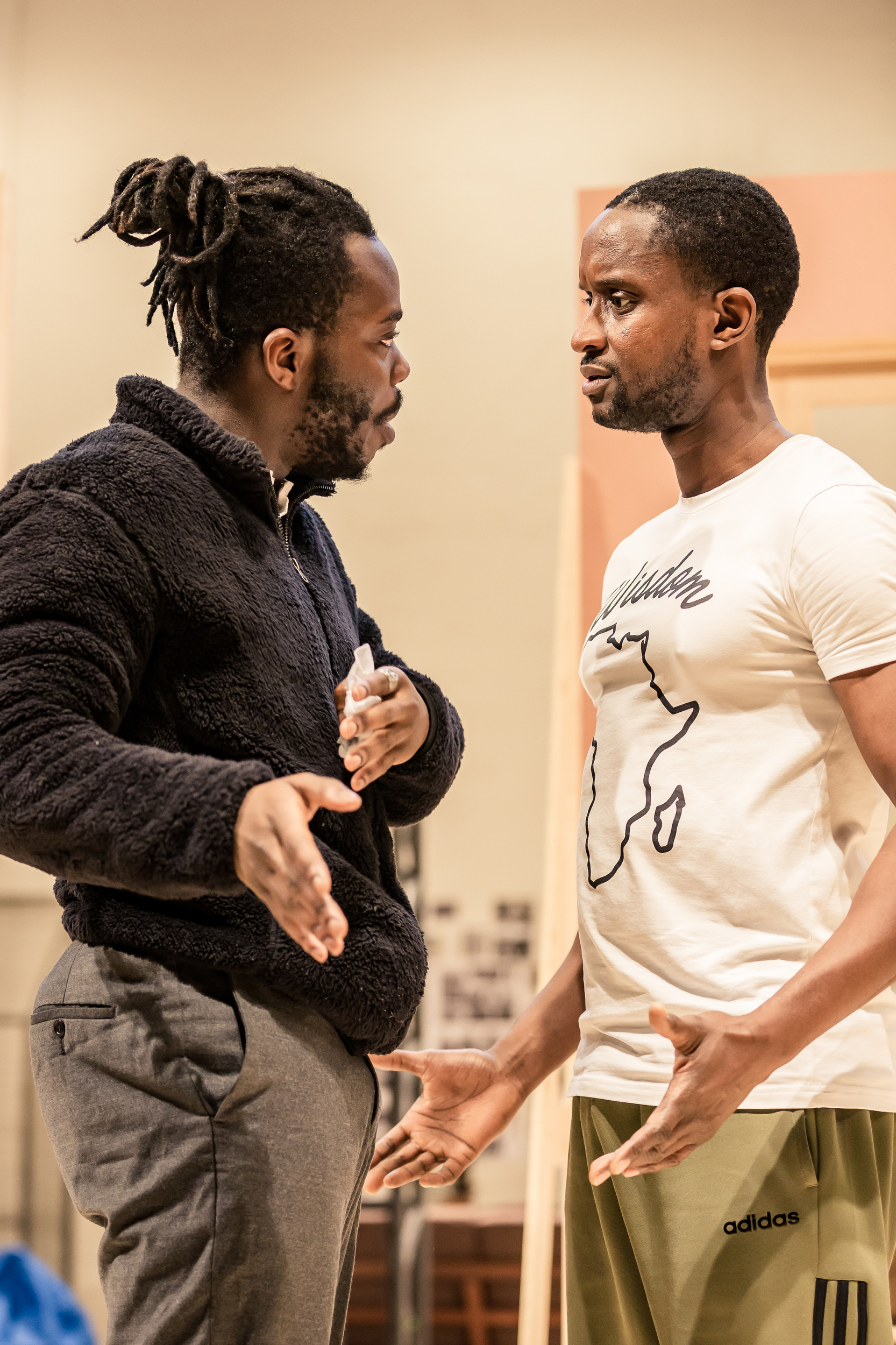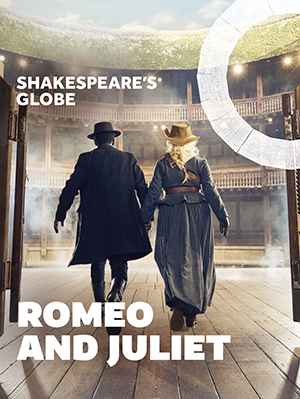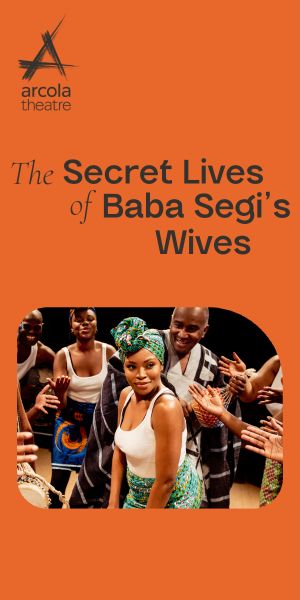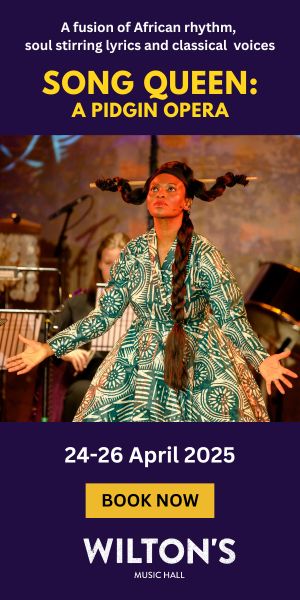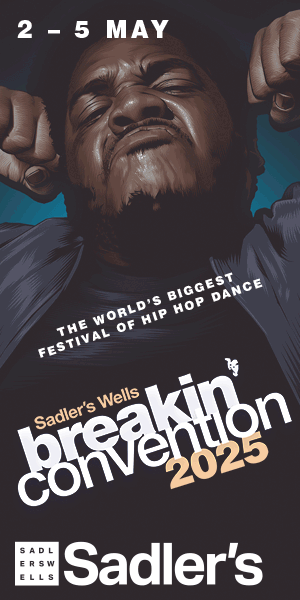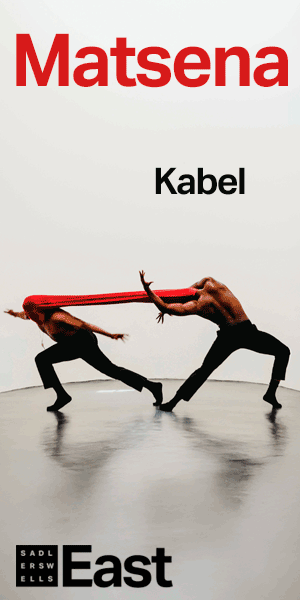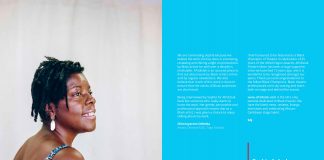There seems to be a shift, within contemporary London theatre, for classic plays to be revised onto West End or ‘just-off West End’ stages.
With Tennessee Williams and Arthur Miller recently joining William Shakespeare (of course) on the list of classic playwrights who have recently had their work re-imagined along gender, cultural and or geo-political lines – to critical and commercial success – it is now the turn of one Anton Chekhov.
With this in mind, a few selected publications were honored to receive an invitation to witness preparations for the National Theatre’s upcoming presentation of Chekhov’s classic play, Three Sisters. If that was not enough, we were also given an opportunity to ask writer Inua Ellams and director Nadia Fall questions concerning the show ‘s gestation inspiration and production.
When Inua Ellams was asked why he had decided to ‘deconstruct and reconstruct’ the play, setting it in the shadow of Nigeria’s Biafran War in 1967, his answer – initially – was that he wished to explore the correlations between the eponymous three sisters within the play and his personal relationships with his own three, real-life female siblings.
When pressed further, he admitted to allowing his ‘inner geek’ free rein, by drawing “extremely close parallels [to the play] with Igbo culture, traditions and people”.
As a result, he renamed the middle-sister (originally Masha, translated as ‘mother’) Nne Chukwu, which has identical meaning in Ibo. Similarly, the older sister (originally Olga – a name used in reference to the wife of a Russian oligarch) is named Lolo, a name traditionally given to an Igbo chief’s wife.
Furthermore, in adapting the play, Inua has altered Chekhov’s original intention of ‘exploring existentialism’ before an impending Russian revolution, to the more immediate need of ‘finding purpose’ within an existing, devastating war-zone.
When asked ‘why now?’ – especially following the huge success of his Barber Shop Chronicles – he simply stated that this adaptation had been in the pipeline even before the release of that production – and that ‘now’ was just the right time to examine it.
Indeed, through the course of the short Q&A, it became clear that this polymath is not only extremely talented but an incredibly thoughtful and self-aware artist.
When asked the question: ‘Why do you write?’, he indicated a desire to make some sense of the chaos, and perhaps leave the world better than how he found it.
Later, director Nadia Fall answered several more practical, and specifically dramatic, questions concerning the piece (all enlightening), while – at the same time – emphasizing her suitability to the role by virtue of her recent family’s direct involvement on ‘both sides’ of the Biafran divide.
Later, we were invited to explore the set – including real-time pictures of combatants, citizens and those directly involved in the war and famine.
After that, we were given a short run-through of the first scene. This included live musical accompaniment, beautiful singing by the three main actors, and intriguing directorial notes from Miss Fall.
Thereafter, a short Q&A was conducted with the three leads – Racheal Ofori, Sarah Niles and Natalie Simpson discussing both their excitement, and a ‘sense of responsibility’ in bringing their character’s stories to the stage.
In the brief snippet we saw, theirs and Nadia talent and dedication do great honour to Chekhov and Inua’s writing, and to those who have been (and continue to be) affected by that catastrophic, and incredibly recent, event.
Despite – or perhaps, because of – the changes, I look forward to witnessing this particular version.






















